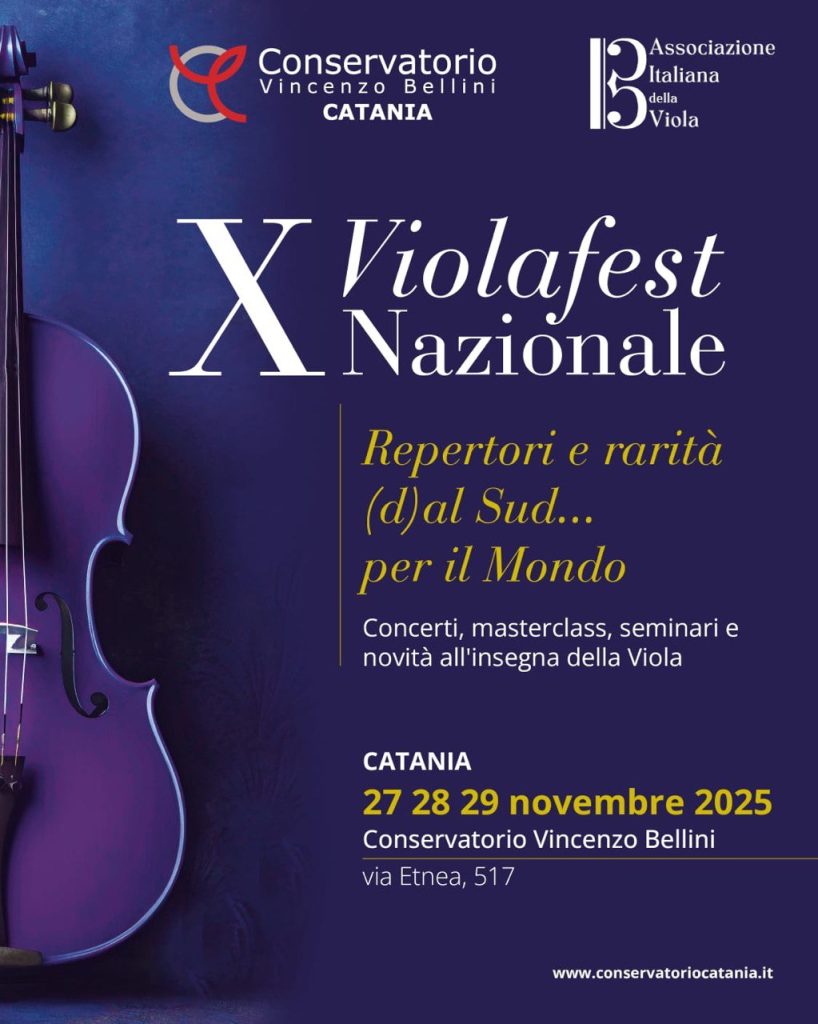Associazione Italiana della Viola – AIV
Annunciato il vincitore di “Suona Archiviola” – sezione compositori
IL VINCITORE Il pezzo risultato vincente per il bando Archiviola – sezione compositori è…
Programma dettagliato 10° ViolaFest – Catania
ViolaFest – “Repertori e rarità (d)al Sud…per il Mondo” Programma ufficiale violafest ’25Download
Programma 10° ViolaFest – Catania
🎻 ViolaFest – “Repertori e rarità (d)al Sud…per il Mondo” ❗️Vuoi partecipare? Basta aderire all’associazione!…
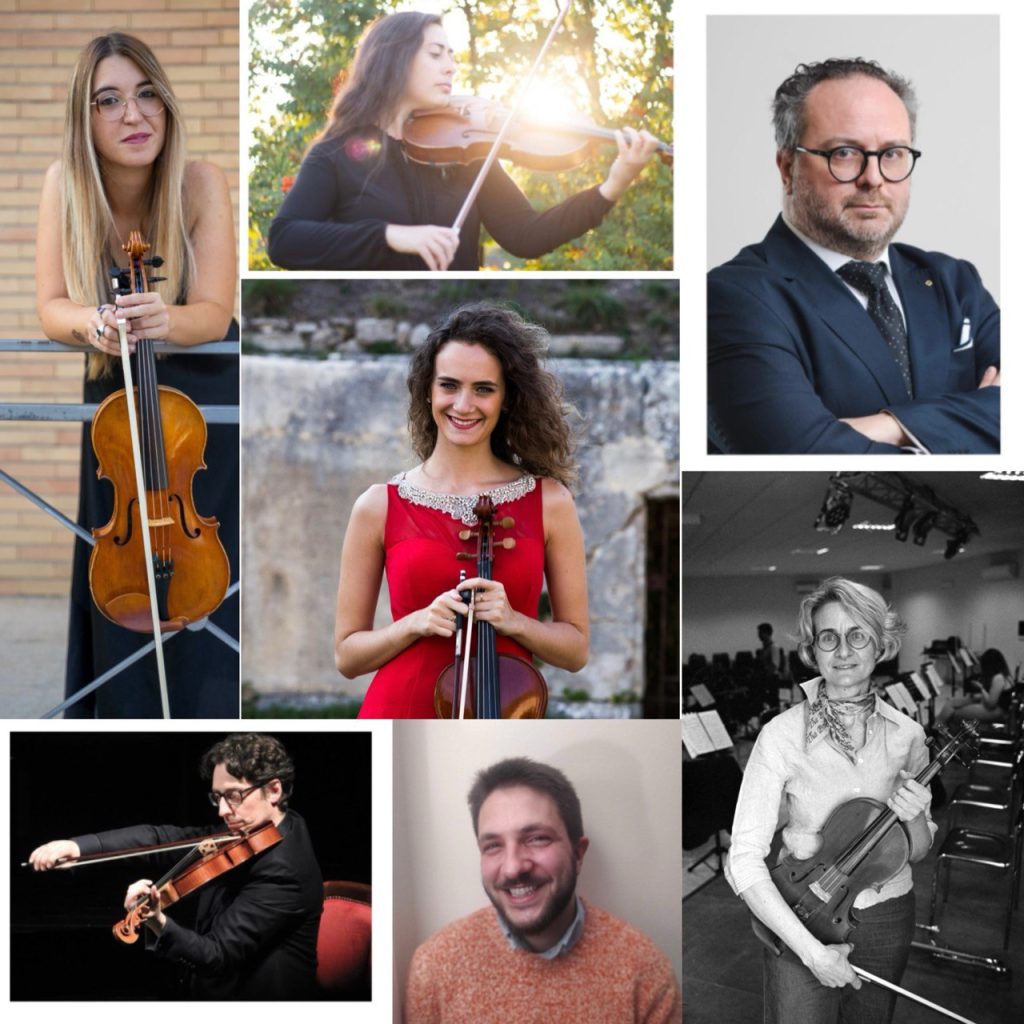
Chi Siamo
Scopri chi siamo! Consiglio direttivo, soci fondatori e libro dei soci completo.
ArchiViola
Archiviola è un progetto di catalogazione e raccolta di musica italiana contemporanea per viola sola e in ensemble.
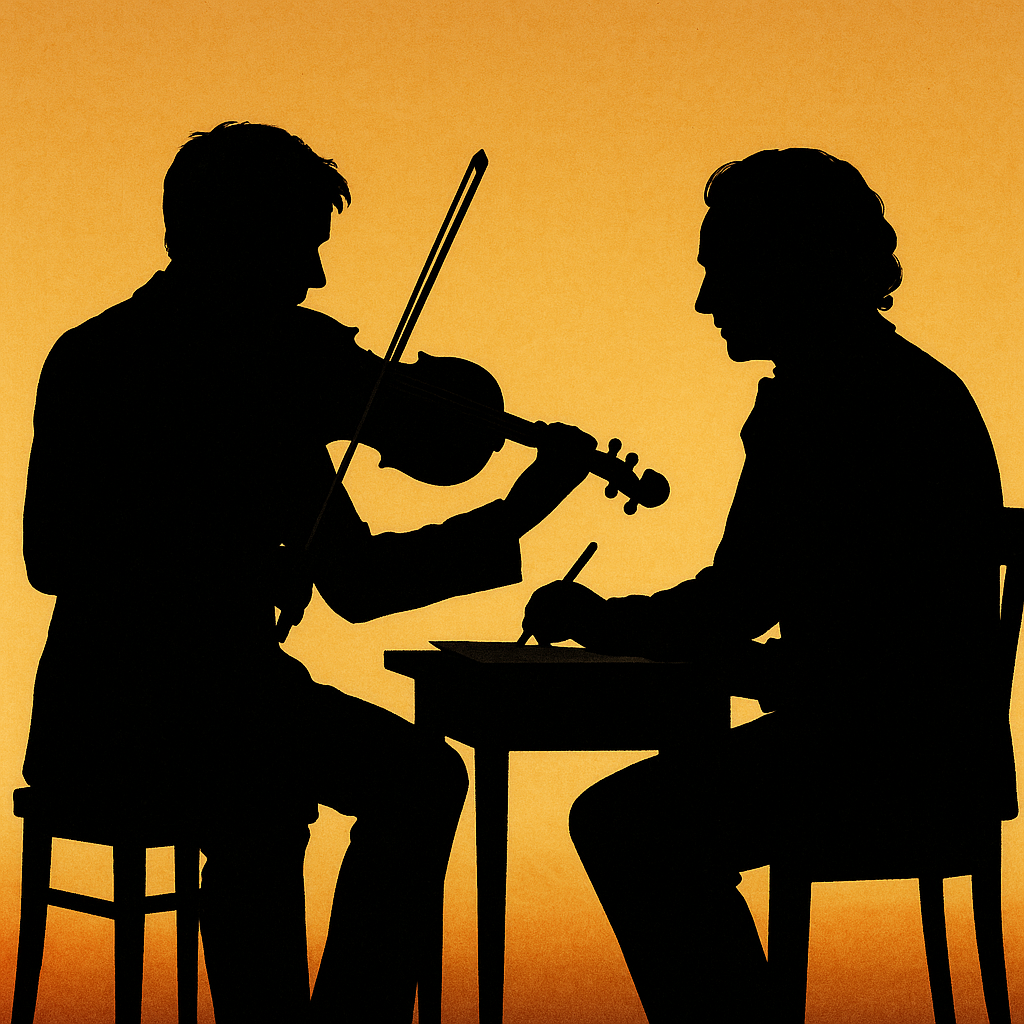
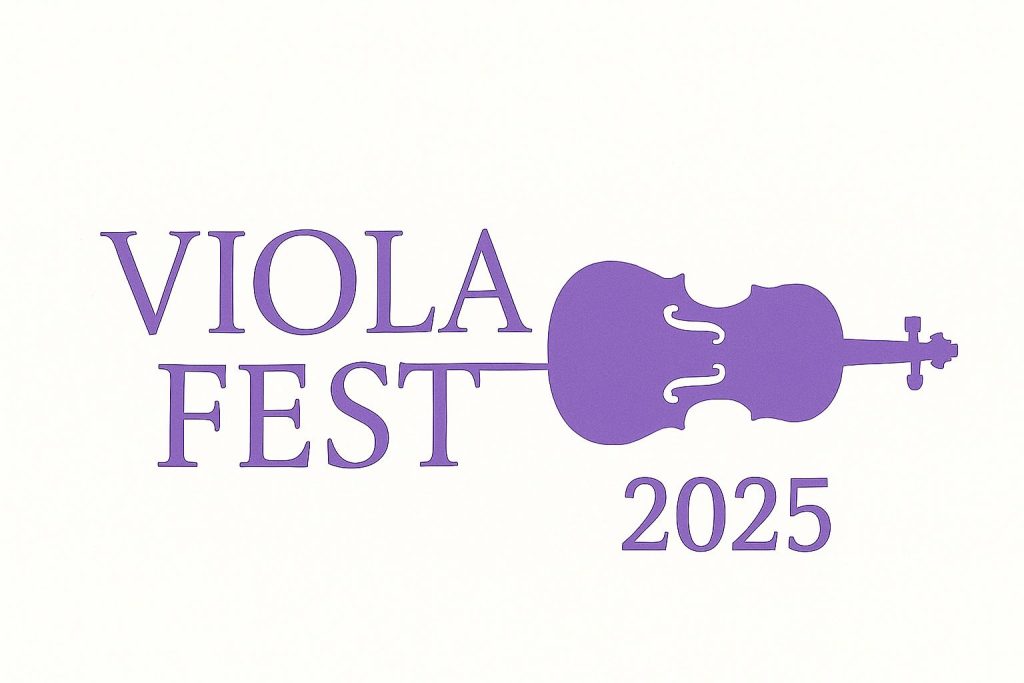
ViolaFest
L’Associazione italiana della viola – AIV propone annualmente ViolaFest Nazionali da tenersi ogni anno in una diversa città: opportunità di momenti di aggregazione, didattica e incontri tra tutti i violisti, giovani ed esperti.
Eventi
Scopri tutti gli eventi dedicati alla Viola! Organizzati non solo dall’AIV ma anche da realtà vicine e interessate.

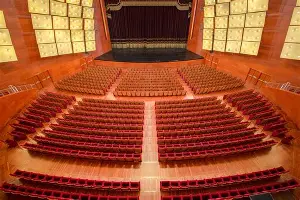
Agevolazioni
Scopri tutte le scontistiche riservate ai soci AIV! Promozioni riguardanti riviste, corsi di perfezionamento, masterclass, stagioni concertistiche, accessori musicali e molto altro.
Galleria
Rivedi i migliori momenti degli eventi AIV nella nostra galleria!
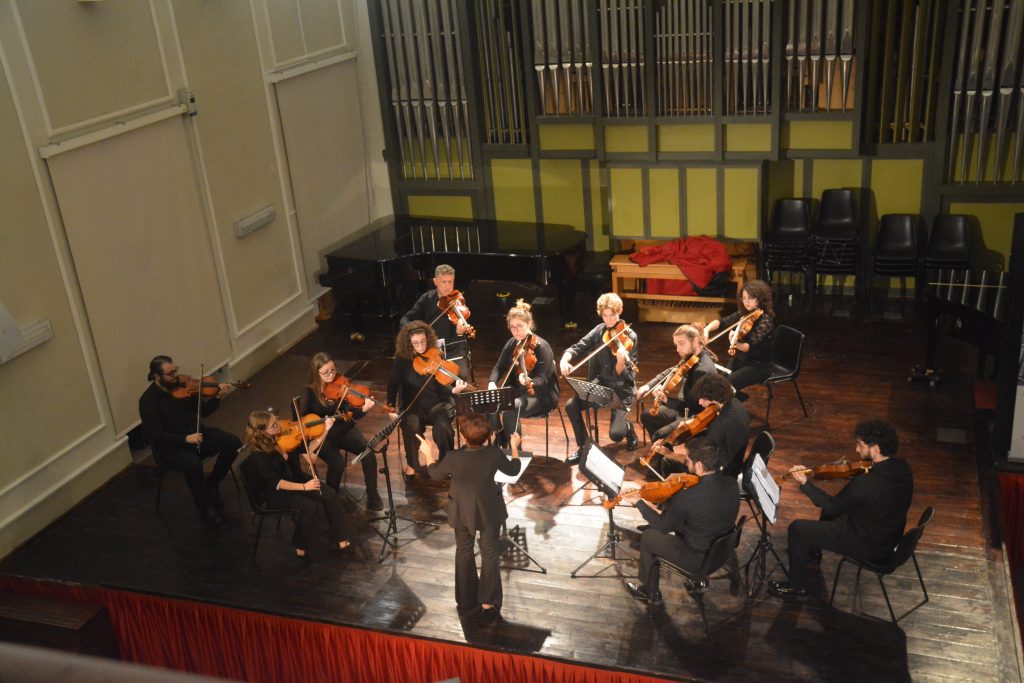
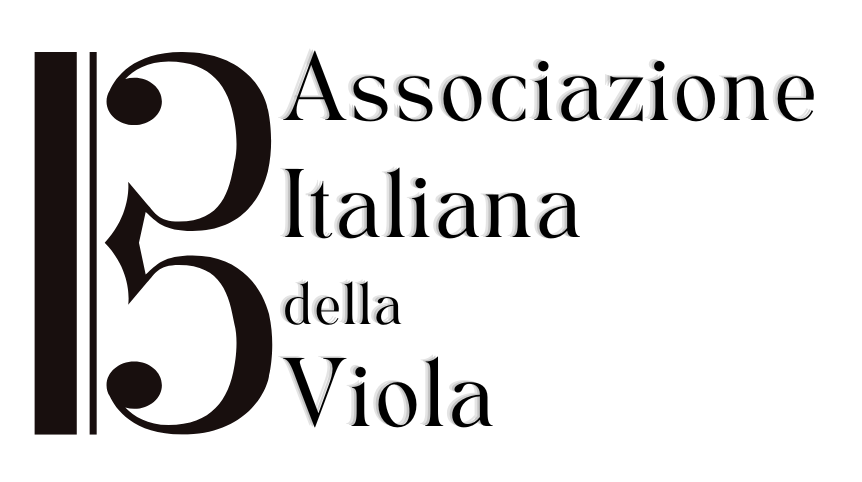
Aderire
Clicca qui e compila il form per diventare socio dell’AIV!
